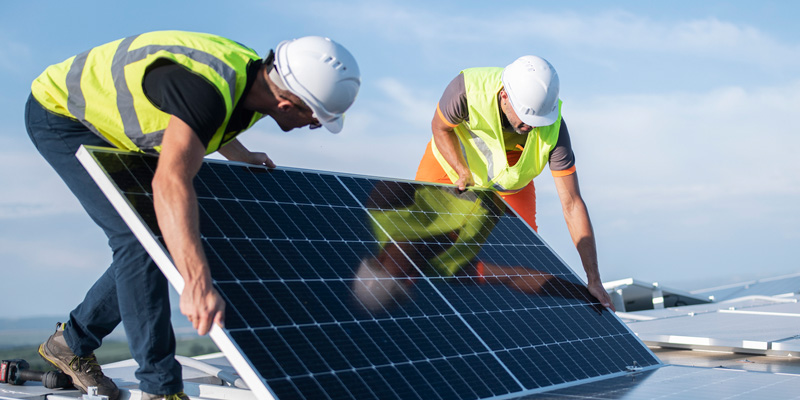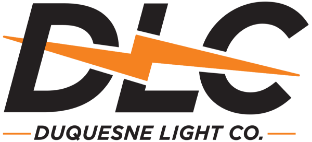Residential Clean Energy
Solar Panels (Photovoltaic Systems)
How They Work

Solar panels, also called photovoltaic (PV) panels or systems, convert sunlight into electricity. PV systems can work in all climates, but not all rooftops are suitable for PV systems due to age, size, or nearby tree cover. Trees near a home may create excessive shade limiting the amount of electricity the PV system can generate. However, an experienced solar professional can help determine whether a PV system is suitable for a given location. With the costs of going solar decreasing each year, it is easy to see why the number of residential PV systems had increased by almost 60 times in the last 18 years. Additionally, the electricity generated by a Duquesne Light Company customer’s PV system offsets part or all of their kilowatt-hour usage. Find information on PV systems here.
What Assistance Is Available for Me?
There are several sources of funding to assist you with purchase and installation of a residential PV system:
- The federal government offers a tax credit of up to 30% of the cost of the purchase and installation of a residential PV system (no maximum). Find more information about federal tax credits for residential PV systems here.
- Through net metering, Duquesne Light customers with qualified PV systems will receive a credit for the electricity they send to Duquesne Light in excess of the power they use during a monthly billing cycle. Find more information about net metering with PV systems here.
- In addition to net metering credits, Duquesne Light customers with qualified PV systems can earn one Solar Alternative Energy Credit (SAEC) for every 1,000 kilowatt-hours they generate. Find more information about SAECs here.
What Products Are Eligible?
There are no specifics regarding what PV systems must be purchased and installed to be eligible for the assistance cited above.
Important Dates
The federal tax credits are available for products purchased and installed between January 1, 2023, and December 31, 2032.
